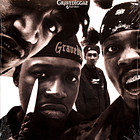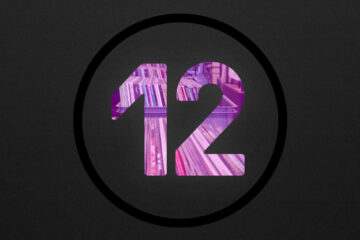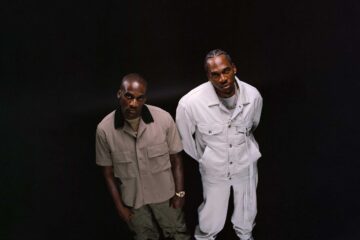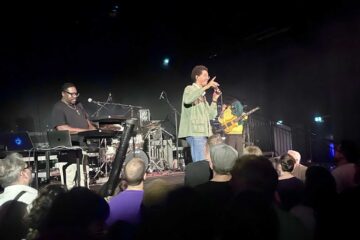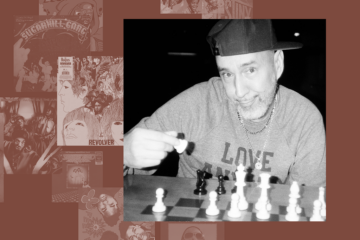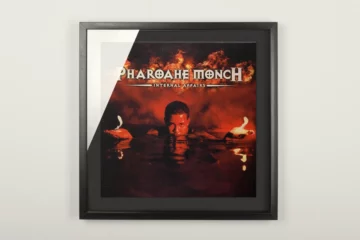In the beginning was the Word – and the Word was a marketing ploy: Horrorcore. The name opened up a new drawer, described a new sub-genre – and suddenly the rap group Gravediggaz was on everyone’s lips. And soon they were even being embraced in rock circles, something that had previously only been afforded to groups like Cypress Hill, Beastie Boys or House of Pain in the wake of the crossover wave around Body Count and Rage Against The Machine. The Gravediggaz debut album »6 Feet Deep« is regarded today as a milestone, a timeless classic. The LP was released in August 1994 on the London-based Gee Street Records label.
By then, however, the Gravediggaz demo had already been floating around the label landscape for over two years. Prince Paul had been doing the rounds with it extensively – but what about Jive, Def Jam and the rest… …everyone declined. Only Eazy-E expressed an interest. But the Ruthless Records contract that Jerry Heller finally presented to Prince Paul was just about the worst thing he had ever come across, as he later confessed to The Quietus.
It has to be said in the same breath: Prince Paul was more than just a name back then. He earned his stripes in the 1980s as a member of the group Stetsasonic – and his laurels as a producer for De La Soul. However, their paths and his increasingly drifted apart. Soon, his label Tommy Boy Records had nothing to offer. In the eyes of the listeners, he had already passed his creative peak. He wasn’t doing well, he was frustrated and demotivated because »people were into new things, into hip guys like Pete Rock,« as he explained to Brian Coleman in Check The Technique Vol. 2. »The rug was being pulled out from under me. Then I thought: Yo, I’ll show them!«
Gangster rap was worn out and there was an axe to grind
Since he was always working on new beats anyway, he had a lot of instrumentals to work with. Tracks of a more sombre nature that suited his state of mind. So where could he put all of them in the brave new hip hop world of the early 1990s? He contacted some MCs he knew and admired – all of them »former Tommy Boy employees«, he snidely remarks: Poetic, Prince Rakeem and Frukwan. All three had their own personal axe to grind with the label.
»The most important thing was the name. We agreed on Gravediggaz and built a concept around it.«
Prince Paul
Frukwan knew Prince Paul from their Stetsasonic days together, during which time band mate Daddy-O always outshone the MC. Poetic was dropped by the label after the first release, his finished album remained unreleased – and he slipped into homelessness. Prince Rakeem, who had already begun to cook his Wu-Tang soup during this period, was also dropped after the first single on Tommy Boy. Today he is famous as RZA. He got his name from the Gravediggaz: He featured there as RZArector. Frukwan was the gatekeeper, Prince Paul the undertaker. And Poetic took to the mic as the Grym Reaper, a throwback to his old crew, The Brothers Grimm.
Horrorcore in the names, in the artwork, as a common thread: At first, it wasn’t even intentional. »In the beginning, we didn’t have any concept,« Prince Paul recalls. »It was just about beats and raps. But then (…) it dawned on us: the most important thing was the name. We agreed on Gravediggaz and built a concept around it.« For one thing, because its beats pointed in the right direction. And, according to Prince Paul, because gangsta rap had become so hackneyed by then that they preferred to focus on horror. VHS and comic book horror, similar to horror punk, but also the horror on your own doorstep: »Critics say go to hell, I say yeah/stupid motherfucker, I’m already there.«


